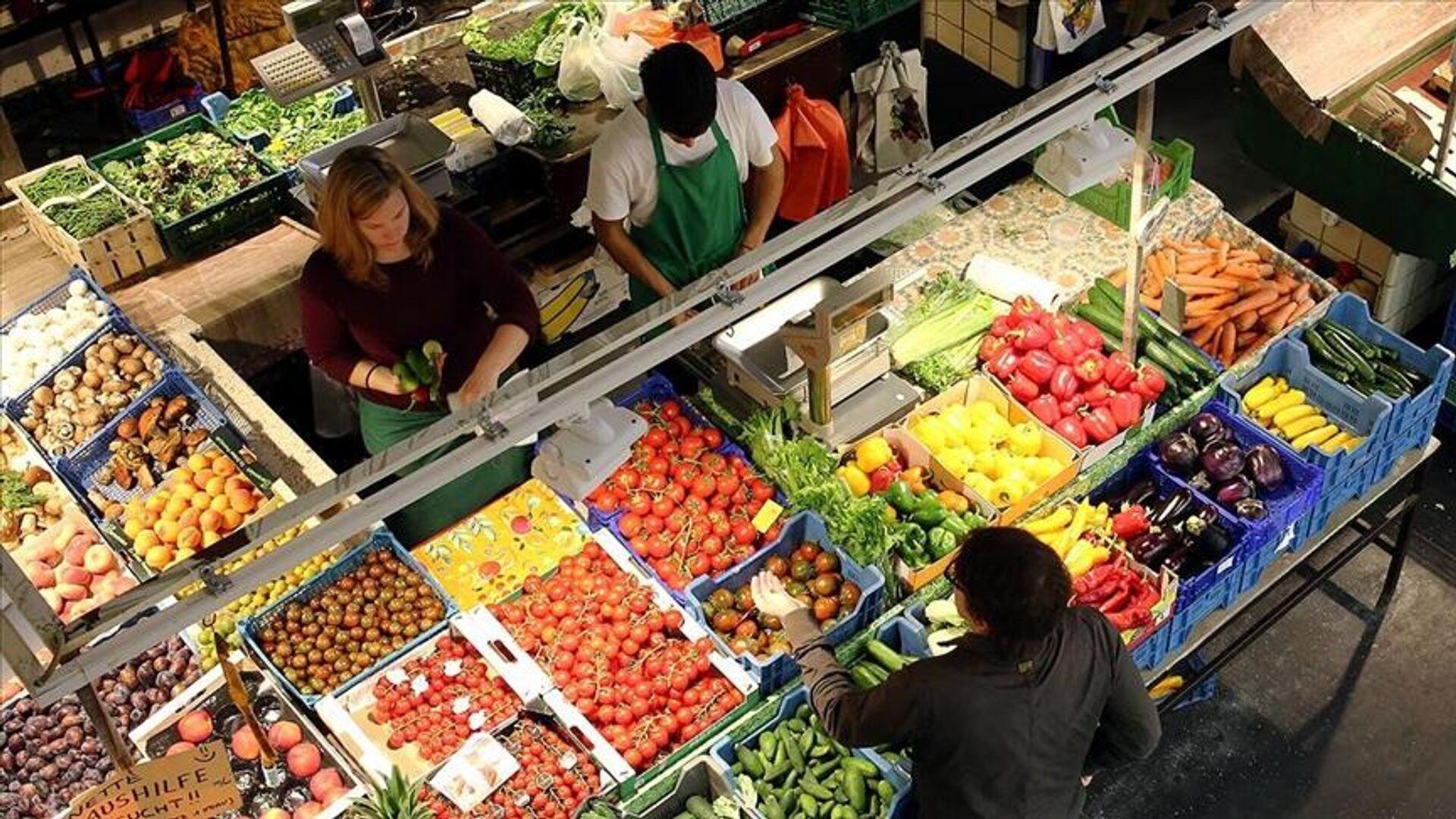
With less than five days remaining until the commencement of Ramadan, the sacred month during which Muslims observe a rigorous fast, marketplaces and restaurants across Türkiye have entered a flurry of preparations.
As of March 1, Muslims in Türkiye will begin observing the daily fast, abstaining from all food and drink from dawn to sunset. While the initiation of this holy month varies across many Muslim-majority countries depending on the sighting of the crescent moon, Türkiye has moved away from this tradition, opting instead for a fixed calendar date.
The month-long fasting period will conclude with Eid celebrations, set to begin in Türkiye on March 29. A deeply entrenched cultural custom during Ramadan is the communal breaking of the fast, known as iftar, wherein families and close acquaintances gather to partake in evening meals, a tradition that invariably fuels a surge in shopping activity.
Meanwhile, authorities have stepped up inspections to prevent excessive price hikes on essential food items.
Seeking to mitigate exploitative practices, the Trade Ministry has launched inspections as of last week, scrutinizing merchants for exorbitant price hikes, particularly concerning staple commodities such as flour, bread, oil, egg and meat.
Officials have warned that regulatory action will be taken against any market manipulation, including hoarding and price speculation.
Over the weekend of Feb. 22-23, local media reported from crowded markets and bazaars as shoppers prepared for the month.
"We have finalized all our preparations for Ramadan. We expect business to pick up from Monday [Feb. 24]," said Arif Şimşek, a merchant in the southeastern province of Gaziantep’s historic bazaar, in an interview with İhlas News Agency.
Selling dairy products and olives, Şimşek claimed that, unlike last year, there had been no dramatic price increases in his goods.
In preparation for increased attendance at mosques during Ramadan, cleaning and maintenance efforts have also intensified across the country.
One focal point of these preparations is the northwestern city of Edirne, home to several historic mosques, including the iconic Selimiye Mosque, designed by the famed Ottoman architect Mimar Sinan.
Another Ramadan tradition, Mahya — decorative illuminated messages strung between mosque minarets — is being revived in select historic mosques.
The Ottoman-era art form, originally crafted using oil lamps, has largely been replaced with LED displays in most mosques.